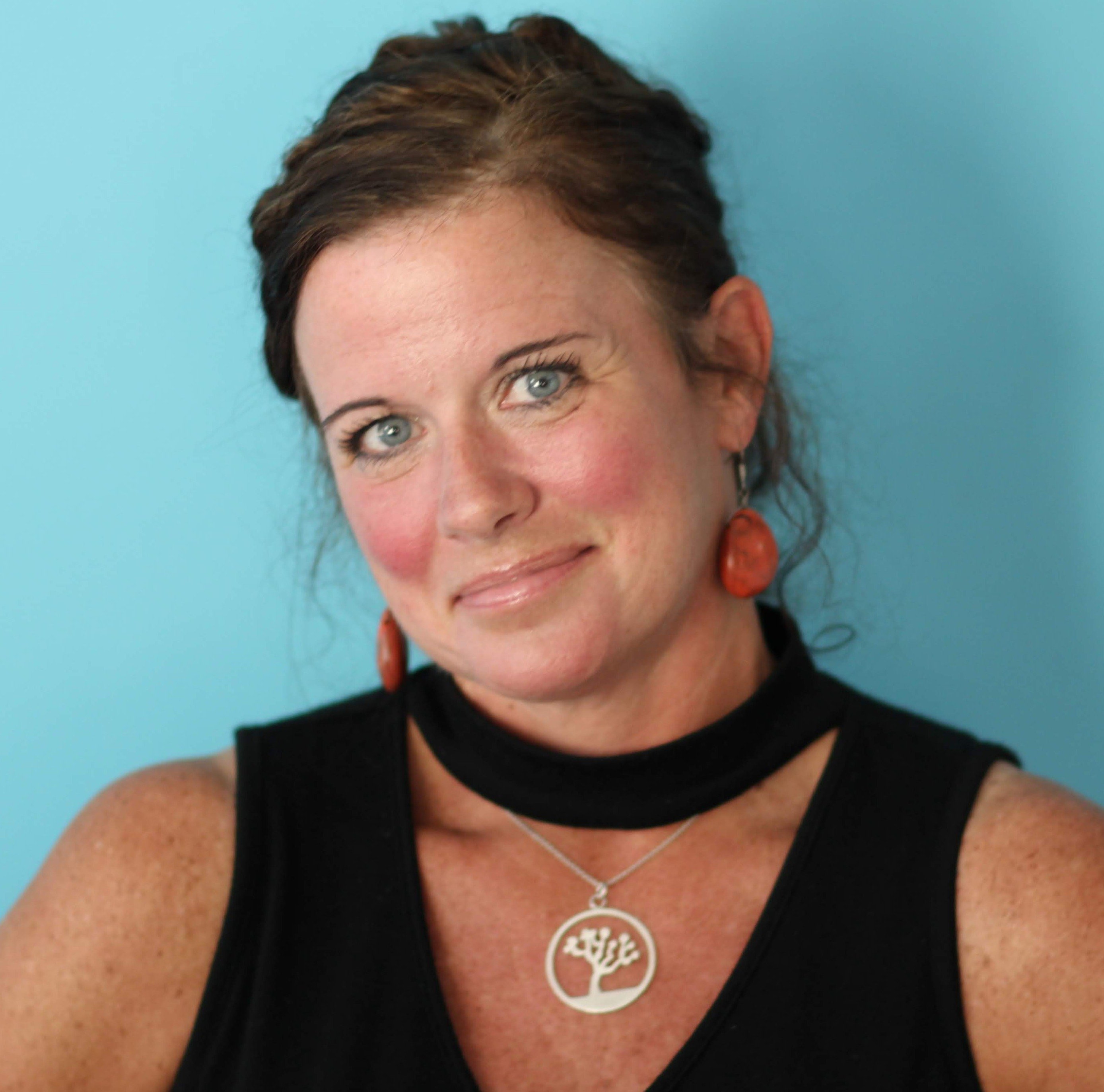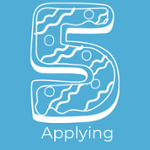-1.png?width=294&name=DEEP%20DIVE%20INTO%20ELC%20(2)-1.png)
"A Deep Dive Into The Experiential Learning Cycle: Processing" is part four in a six-part series
As I have said in previous articles, at The Leadership Program we use a specific questioning process called the Experiential Learning Cycle, with students and adults alike. The basic idea behind this process is that greater learning and meaning can come out of ANY experience, if only you take the time to reflect on it.
Our use of the Experiential Learning Cycle follows five steps Experience, Publishing, Processing, Generalizing, and Applying.
Here we are going to focus in on the third step of The Experiential Learning Cycle: Processing. Why is Processing essential? During processing, participants have a chance to reflect on observations they made about each other, and the group as a whole through the experience that just happened. To “process” something is commonly used when trying to work through something (Okay, I need to process what just happened here). In this case participants are working through what they experienced with each other.
If you remember, in the publishing phase participants are only reflecting on themselves. But now it’s time to reflect on others—what happened to the group? What did they notice in each other? How did what happened during the experience change or impact the group? This is the group dynamics and shared experiences portion of the Experiential Learning Cycle.
Some examples of questions we ask during this phase of the cycle, to prime the conversation, include:
- How has the group changed since before this experience?
- Did anything surprise you about someone in the group? What?
- What did you learn about someone during that experience?
- How did your group work together to achieve…?
- How did your group establish roles in order to be successful in…?
- How did your group decide on {a course of action}?
- What did you notice about the group?
- If challenges or disagreements arose, how did you work through them?
- What leadership qualities did you see someone exemplify?
- How did you effectively communicate with the group?
As the facilitator, your goal during this phase is to get participants making thoughtful, though not critical, observations about the collective experience. This is an important step because it allows participants to notice both the similarities and differences between themselves and their fellow participants. It also encourages reflection about how the group worked well together and how they potentially stumbled. When building team, the processing phase of the cycle is an imperative opportunity to get the group to begin to look outward instead of keeping their focus on themselves and what happened to them. It invites them to consider how each individual has an effect on another, and how teams can rise or fall based upon the actions of the individuals within.
A few other tips for effectively facilitating the processing phase of the cycle:
- As always, ask open-ended questions, rather than close-ended questions. Remember, close-ended questions allow participants to reply with a simple yes or no, and that makes the reflection process a bit more difficult. Open-ended questions, on the other hand, require the participant to explain their what/why/how, and that opens up the conversation much more quickly and easily.
- Validate each individual’s reflections without judgement or comparison. But make sure they are doing the same for each other. It’s important that participants make honest observations about what they saw happen to, and with, the group… but it’s equally important that they do so without judging or degrading each other in the process.
- As the facilitator, try not to put words into participants’ mouths. However, if a participant is struggling to find the words for their observation, you can use the opportunity to ask the group if anyone is feeling similarly, or would like to expand on what they are trying to say. This encourages the group dynamic and shared experience.
- If participants stay in the “publishing” phase of the cycle, answering your questions with statements about their own feelings and experiences rather than group observations, you can nudge them gently forward by asking follow-up questions like “Did you notice that in anyone else?” or “Do you think others had a similar experience as you?” or “How do you think the group influenced how you are feeling?”
Okay! So you’ve had the Experience, you’ve given your participants the space to Publish their thoughts and feelings about the Experience, and you’ve allowed them time to Process their observations about the group dynamics that showed up during the Experience. Next up, you’ll move to Generalizing, where participants are challenged to reflect on other places in their lives where they might think/feel/believe similarly to how they are thinking/feeling/believing about the current experience—this is the fun, yet sometimes challenging, “So What?” portion of the cycle. I can’t wait to take you through it!
Questions? Thoughts? Please post me in the comments below or Tweet to @ErikaPetrelli1

.png)



Comments [0]
Click here to read/write comments